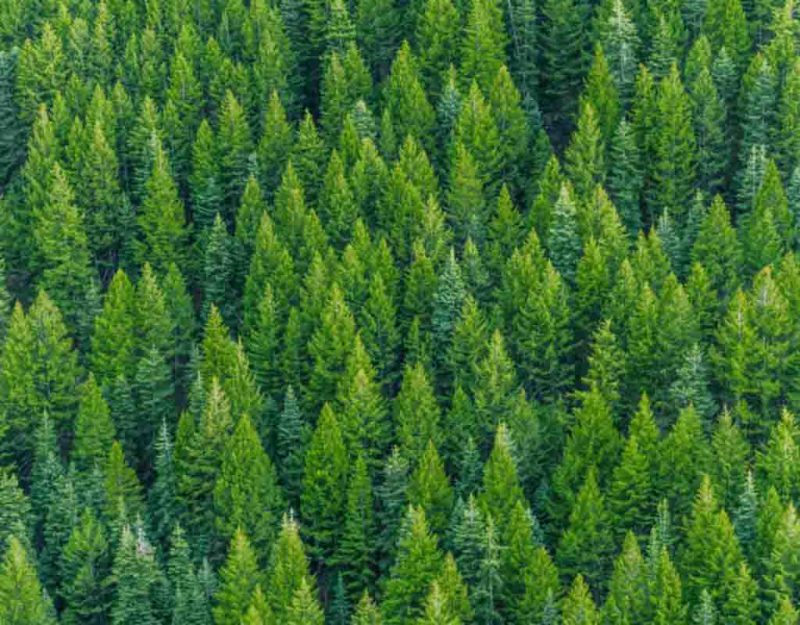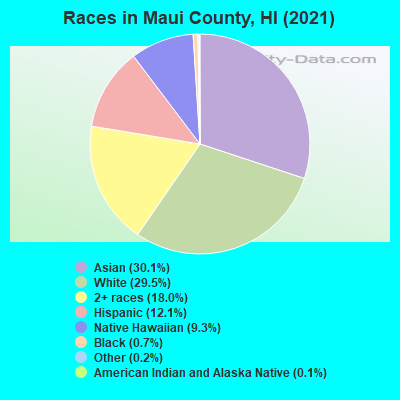Let Maui Burn
Right now we are seeing horrific wildfires in Maui, Hawaii. While any normal person will feel empathy for those suffering, nature offers a better form of fairness than anything humans can: the predictability of events, after having observed them enough.
Like most diversity-run places, Maui seems to have a failure of crucial systems. No one removed excessive vegetation build-up in the middle of a drought, the wildfire warning system failed, and local services seem to have bungled almost all of the response.
Diversity pits groups against each other, which means that people who take positions of power do so to advance their group, not to fulfill the role of the institution that has employed them. Consequently basic functions fail because the society no longer has a center and is entirely individualistic.
Whites make up less than a third of the population. This means that they are dominated by the swing vote provided by the diversity voters, who promptly elect candidates who are favorable to their agenda at the expense of any shared agenda the society as a whole once had.
It turns out that the wildfires were probably a preventable crisis:
An unknown spark quickly set parts of the island ablaze on Aug. 8, sending flames fueled by a combination of strong trade winds and a landscape parched by drought conditions through the historic Lahaina district and people’s homes.
The main factor driving the fires involved the invasive grasses that cover huge parts of Hawaii, which are extremely flammable, Frazier said.
Although drought contributed to the severity of the fires, anthropogenic climate change is not to blame for Maui’s drought conditions either. Drought is not uncommon in Hawaii, which is currently in its dry season. Parts of Maui, including much of the island’s west coast, are currently under severe drought, according to the U.S. Drought Monitor.
This seems unthinkable for a place that is awash in tourist dollars. You have to work hard to go broke as a vacation destination like Hawaii, but somehow this diversity zone has failed to take care of itself, most likely because the money went to diversity and anti-poverty (socialist) programs instead.
And yet, swamped in resentment, Maui seems to be more known for hating the hand that feeds it:
“It’s all butterflies and rainbows when it comes to the tourism industry,” said a 21-year-old Maui native and an employee at the hotel who asked to remain anonymous. “But what’s really under it is kind of scary.”
But the opposition to tourists is not without complications given the island is economically reliant on those travellers. The Maui Economic Development Board has estimated that the island’s “visitor industry” accounts for roughly four out of every five dollars generated here, calling those visitors the “economic engine” of the county.
“You’re kind of raised to hate tourists,” said the young hotel worker. “But that’s really the only way to work on the islands. If it’s not hospitality then it’s construction.”
In other words, we see a typical diversity place, which means a cruel place: the diversity is dependent upon the majority, which having a higher average IQ, outperforms it economically, socially, and politically. Consequently diversity politics turn to resentment.
Resentment means sinecures, or people using their positions of power to enrich themselves because they see their ethnic community as the group they serve, not the society at large. While diversity is obviously paradoxical, few understand how much internal conflict it brings.
As if a metaphor for diversity, it seems the blazes were fueled by invasive species that the local diversity politics failed to remove:
While factors such as extreme weather events from climate change and the state’s local power grid have been blamed for helping to cause the blaze, large plots of land in Hawaii have been overrun by volatile non-native fire-prone grasses that are fueling the deadly flames, according to experts.
Land that was once occupied by irrigated pineapples and sugar cane was taken over by the grass species as those businesses began to decline, according to Elizabeth Pickett, the co-executive director of the Hawaii Wildlife Management Organization.
The grasses, which are fast-growing when it rains and drought-resistant when it’s drier, only persisted after wildfires spread across the islands in 2018.
At the time, Clay Trauernicht, a specialist in wildland fire science and management at the University of Hawaii at Manoa, sounded the alarm in a letter to the Maui News after the fires destroyed 21 homes.
In other words, there was plenty of warning here, but diversity government was more interested in paying subsidies to the various diversity groups and funding its bureaucrats than it was at doing its job. Again we see the failure of herd self-rule.
Diversity simply makes this worse because internal divisions divide the population into warring special interest groups, making the existing problem of lobbying and dark organization even worse.
Let Maui burn. They had a chance to avoid this disaster, but their diversity government chose wrongly, and now it is time for accountability a/k/a natural selection. The same will be true of the West if it does not remove itself from the plague of socialism and diversity.











